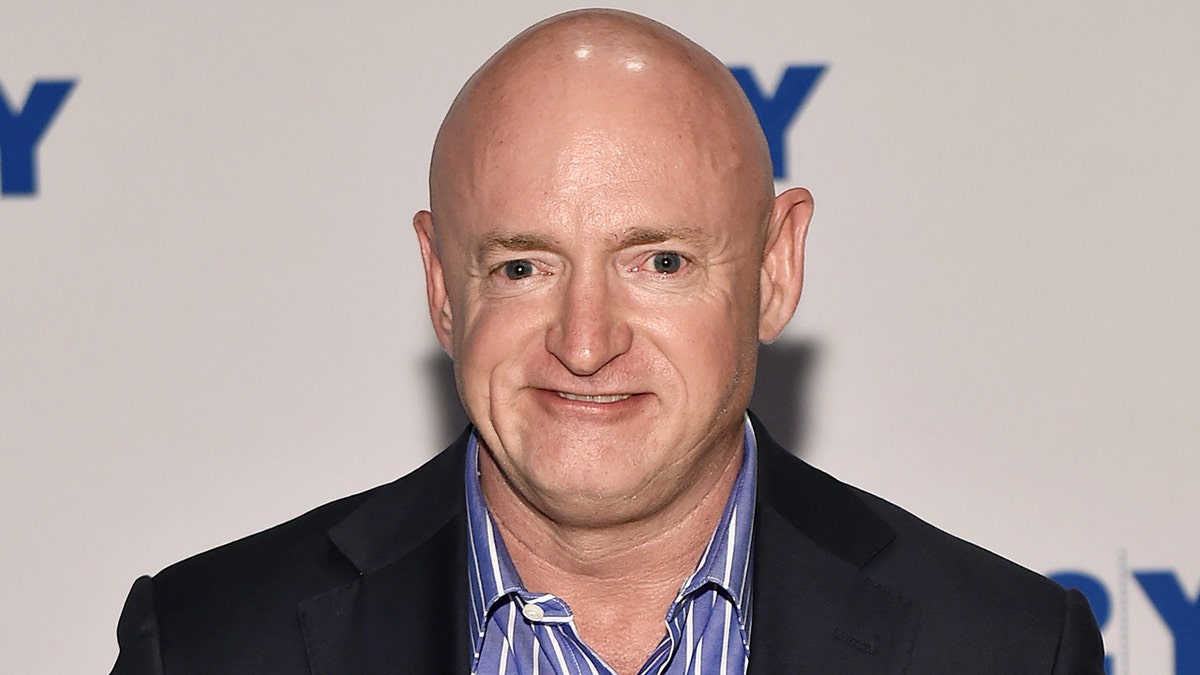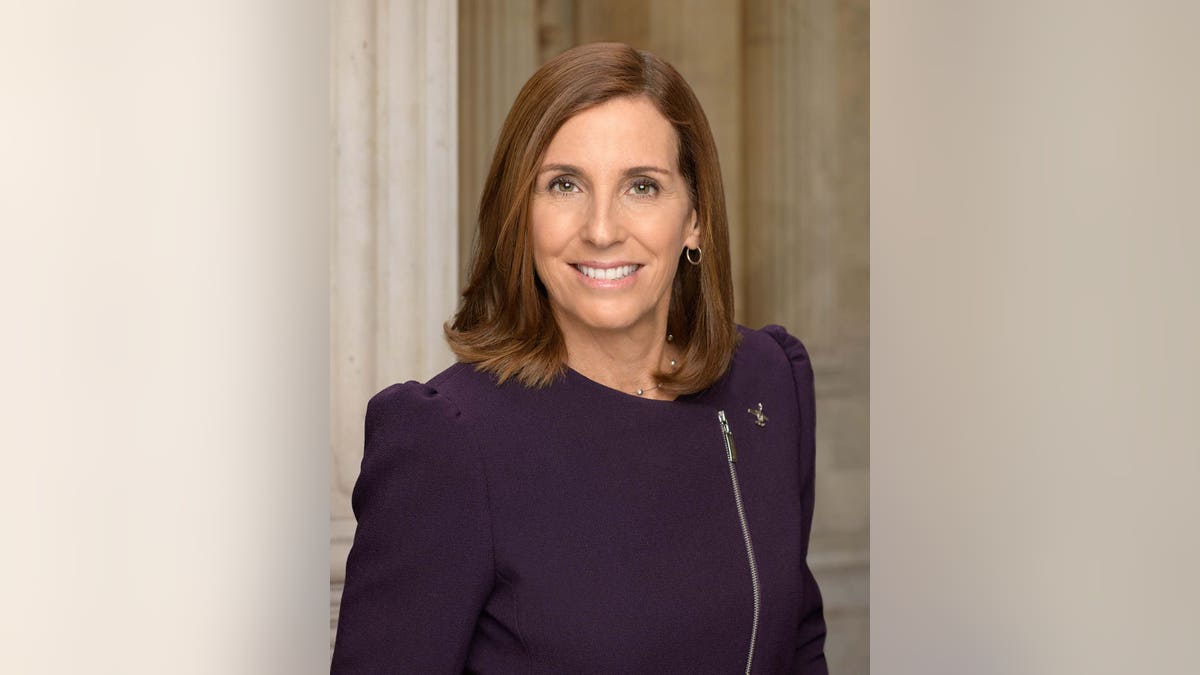Political debate over open Supreme Court seat
Axios co-founder Mike Allen and host of 'The Jamie Weinstein Show' Jamie Weinstein weigh in on 'America's News HQ.'
Democratic Senate candidate Mark Kelly may have a chance to vote on President Trump's Supreme Court nominee should he beat Arizona Sen. Martha McSally on Nov. 3.
Since Kelly and McSally are facing off in a special election to fill out the remainder of the late Sen. John McCain's term, Kelly may not have to wait until January to head to Washington.
He could be sworn in as soon as Nov. 30, when the state election results are expected to be canvassed, the Arizona Republic reports, citing agreement from bipartisan election attorneys.
"That would have major implications," said Jessica Taylor, Senate and governors editor for the Cook Report, of Kelly's early entry into the Senate. "The Republicans could lose one vote at that time where every vote would be very tight."
SENATE SHOWDOWN: LAWMAKERS IN SPOTLIGHT ON SCOTUS NOMINEE AFTER RBG'S DEATH
Kelly, a retired astronaut, has been consistently polling better than incumbent McSally, who is considered the Republican senator most at risk of losing in November.

Mark Kelly could be sworn into the Senate as early as Nov. 30 should he win the Senate seat in Arizona on Nov. 3. (Photo by Steven Ferdman/Getty Images)
But he does not think choosing a lifetime appointment to the Supreme Court should be rushed "for political purposes." The president and Senate elected in November should decide on the Supreme Court nominee, he said.
"This is a decision that will impact Arizonans, especially with an upcoming case about health care and protections for pre-existing conditions. Arizonans will begin casting their ballots in a few weeks and I believe the people elected to the presidency and Senate in November should fill this vacancy,” said Kelly.
Senate Majority Leader Mitch McConnell said he plans a vote on Trump's nominee. Assuming it will take time to vet his pick and conduct confirmation proceedings, a floor vote could take place after the November election during the lame-duck session.
Republicans currently control 53 seats in the Senate. McConnell can afford to lose no more than three senators on the vote, assuming Vice President Pence steps in to break a tie, which would be unprecedented for a Supreme Court justice nomination.
GINSBURG VACANCY PUTS PRESSURE ON TRUMP-CRITIC REPUBLICANS IN SENATE
If McSally loses and Kelly is present for the vote, McConnell's margins get even trickier. That would mean McConnell could only afford to lose two Republicans.
Already Sen. Lisa Murkowski, R-Alaska, who opposed Justice Brett Kavanaugh's nomination, said before Ginsburg's death she wouldn't vote to confirm a new justice this close to an election. And on Saturday, Sen. Susan Collins, R-Maine, said she opposes voting on the nominee until after the election.
"In fairness to the American people, who will either be reelecting the president or selecting a new one, the decision on a lifetime appointment to the Supreme Court should be made by the president who is elected on November 3," Collins said.
Assuming Democrats are united against Trump's pick, a third defection could sink Trump's nominee in a lame duck vote.

Sen. Martha McSally (R-Ariz.) said she wants to vote on Trump's Supreme Court nominee.
McSally said she wants to vote on Trump's nominee, signaling she's willing to embrace this issue in her reelection fight and may be looking to drive up enthusiasm among the GOP base.
Kelly tweeted his condolences about Ginsburg's death, but hasn't spoken publicly about the prospect of potentially having a weighty role in determining her successor.
AOC SAYS GINSBURG'S DEATH SHOULD 'RADICALIZE' DEMS: 'I NEED YOU TO BE READY'
"Justice Ginsburg dedicated her life to making our country more just," Kelly wrote. "She fought cancer with the same ferocity she fought for civil rights and left a legacy that impacted women’s rights and equal protection under the law — she will continue to be a role model for so many."






















